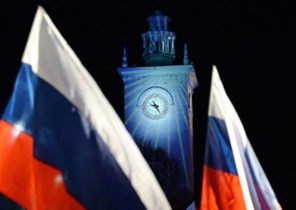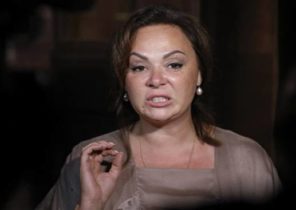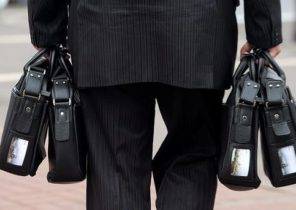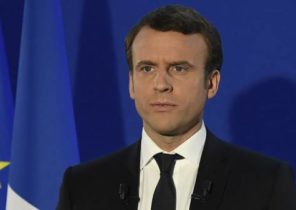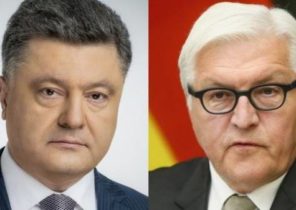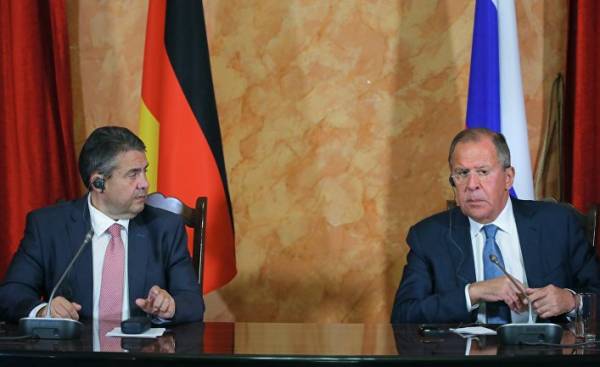
Yesterday’s interview with the foreign Minister of Germany Sigmar Gabriel edition of Focus sheds light on what is happening behind the scenes of big politics, allowing a different angle to look at relations not only Germany and Russia but also the EU and Ukraine, the US and the EU.
Just note: for Sigmar Gabriel (Federal Minister of economy and energy from 2013 to 2017) geopolitical issues are closely intertwined with the economic. At the same time as a diplomat he does not allow himself to harsh judgment, that enables thinking people to read between the lines and make valid conclusions.
So messages that relate to Ukraine. Contrary to popular belief, the Minister of foreign Affairs of Germany is in favour of a gradual lifting of sanctions with Russia, even before the implementation of the Minsk agreements: “In accordance with the current European solutions agreement “Minsk” has to be implemented a hundred percent before you can cancel sanctions on hundred percent. I think that’s unrealistic.” According to Sigmar Gabriel, it would be right to lift sanctions in stages, as small shifts “to show that it should move in the direction of the world.”
The position of the head of the German foreign Ministry more than constructive. He’s not trying to blame someone for the failure of the Minsk agreements, and offers to find a compromise solution. In particular, offers of Russia to influence the Ukrainian separatists and U.S. — Ukraine, as Washington has a strong influence on Kiev. In making this statement, the Minister of foreign Affairs of Germany recognizes the fact that for a peaceful settlement of the conflict must be political will from all sides.
However, the relationship between Kiev — Moscow — Brussels Sigmar Gabriel is trying to assess through the lens of Economics. Saying that the Association Agreement between Ukraine and the EU was signed without considering the interests of the Russian Federation, it is, in fact, repeats the words of Angela Merkel, who offered to build the triangle Ukraine — EU — Russia to begin building a truly mutually beneficial free trade zone.
And Sigmar Gabriel have every confidence in the negotiability of the Russian President: “He represents Russia’s interests, his own view of the conflict. But it is possible to resolve all disagreements clearly and directly. That’s why I appreciate conversations with him.”
If you take note of this assessment, there are two natural questions. First: why Ukraine, realizing the economic consequences of the rupture of trade and economic relations with Russia and knowing the position of Germany (as strategic partner) on this issue, still went for such a radical step? And one wonders whether the Ukrainian government on ways out of the conflict and the return to trade and economic cooperation with Russia?
In any case, smouldering now in its fourth year, the conflict in the East of Ukraine requires revision of Ukrainian-Russian relations and the relations in the triangle Ukraine — Russia — EU. Moreover, taking into account both political and economic component.
